

Governance on existing situation
Ghana’s decentralization policy framework began in 1988 with the objective of establishing an efficient and effective decentralized government. It seeks to enhance good governance at the local level by promoting popular participation in the decision- making process.
Consequently, the Das have been given strategic functions that empower them to provide decentralized and devolve local public services and to be responsible for the overall development of the district.
The Atebubu-Amantin Municipal Assembly was established by a legislative instrument(L12266) of 2017. The Assembly currently has 47 Assembly members including the Municipal Chief and the Member of Parliament. In specifics there are thirty-one (31) elected and fourteen (14) appointed) of which three (3) are female as appointees. The Presiding Member (PM) elected is a woman. The Municipality has eight (8) zonal councils including Atebubu, Amantin, Konkrompe, Jato Zongo, Akokoa, Duabone, Nyomoase and Kumfia-Fakwasi. In terms of traditional councils, the municipality has two (2) that is Atebubu and Amantin.
The municipal Assembly is the highest political, administrative and planning authority in the municipal of which the MCE is the head.
Committees at the Assembly Level
The Assembly has two (2) committees comprising the Executive Committee (Execo) and Public Relation and complaints committee.
The Executive Committee is made of the chairpersons of the various subcommittees of the Assembly chaired by the MCE. Its functions include:
- co-ordinate plans and programmes of the sub-committees and submit these as comprehensive plans for action to the Municipal Assembly;
- implement resolutions of the Municipal Assembly;
- oversee the day to day administration of the Municipal in collaboration with the office of the Municipal Chief Executive;
- recommend, in the case of non-decentralized agencies in the District, to the appropriate Government Ministry/Department/Agency the appoint and replacement on stated grounds of officers within the area of authority of the Assembly;
- adopt measures to develop the activities and execute approved plans of the units, areas and towns and sub-metropolitan districts within the area of authority of the Municipal Assembly; and
- When necessary, appoint or dissolve ad-hoc committees of the Executive Committee.
On the other hand, the Public Relation and complaints Committee is chaired by the PM which is made up of five (elected assembly members) and four other members that do not have voting right including one rep from CSOs, CHRAJ, NCCE and ISD.
Sub-committees of the Assembly
There are five mandatory sub-committees which include Development planning sub-committee, social services sub-committee, works sub-committee, Finance and administration sub-committee and Justice and security. These sit at least three times within the year within which issues discussed are presented at Executive committee meeting. There are other non-mandatory sub-committees that play critical roles in their respective levels. They are Agric sub-committee, small scale sub-committee and Environmental sub-committee.
The Executive Committee
The Executive functions of the Assembly are performed by the Executive Committee, which is presided over by the Municipal Chief Executive (MCE). It is made up of nine (9) members; Seven (7) males and Two (2) females. Its functions include:
• co-ordinate plans and programmes of the sub-committees and submit these as comprehensive plans for action to the Municipal Assembly;
• implement resolutions of the Municipal Assembly;
• oversee the day to day administration of the Municipal in collaboration with the office of the Municipal Chief Executive;
• recommend, in the case of non-decentralized agencies in the District, to the appropriate Government Ministry/Department/Agency the appoint and replacement on stated grounds of officers within the area of authority of the Assembly;
• adopt measures to develop the activities and execute approved plans of the units, areas and towns and sub-metropolitan districts within the area of authority of the Municipal Assembly; and
• When necessary appoint or dissolve ad-hoc committees of the Executive Committee.
Sub-committees of the Executive Committees and their Functions
The sub-committees of the Executive Committee perform the following functions:
a. Development Planning Sub-committee
b. Finance and Administration Sub-committee
c. Justice and Security Sub-committee
d. Works Sub-committee
e. Social Services Sub-committee
LOCAL GOVERNMENT DEPARTMENTS OF MUNICIPAL ASSEMBLYCOMMENCEMENT INSTRUMENT, 2009 (L.I.1961)
The Local Government Departments of Municipal Assemblies Commencement Instrument, 2009 which came into force on 25th February 2010 seeks to operationalize the decentralized departments at the Municipal level as departments of the Municipal Assemblies.
The Functions of the Municipal Assembly
The functions of the MUNICIPAL Assemblies are derived from statute, as mandated by Local Government Act, 2016 Act 936 and Legislative Instrument No. 1408 of 1988 which created it. These functions which are broadly aimed at attaining its objectives and fulfilling its mission of improving the quality of life of its people are to:
• Be responsible for the overall development of the Municipal and ensure the preparation and submission of development plans and budget to the relevant central government Agency / Ministry through the Regional Coordinating Council (RCC).
• Formulate and execute plans, programmes and strategies for the effective mobilization of the resources necessary for the overall development of the district.
• Promote and support productive activity and social development in the Municipal and remove any obstacles to initiative and development.
• Initiate programmes for the development of basic infrastructure and provide Municipal works and services in the district.
• Be responsible for the development, improvement and management of human settlements and the environment in the district.
• In co-operation with the appropriate national and local security agencies, be responsible for the maintenance of security and public safety in the district.
• Ensure ready access to courts and public tribunals in the Municipal for the promotion of justice.
• Initiate, sponsor or carry out such studies as may be necessary for the discharge of any functions conferred by Act 936 or any other enactment.
• Perform such other functions as may be provided under any other enactment.
Performance Review:
The review examined the status of implementation of Programmes/Projects and Activities in terms of whether were fully implemented, ongoing, started but abandoned, suspended not implemented and implemented but not in the MTDP. Reasons for any deviation regarding implementation of set targets and actions taken to remedy the situation have been outlined. The outcome of the review provides feedback which shall be incorporated into the preparation and implementation of the 2018-2021 Districts Medium Term Development Plan. The performance review of the 2014-2017 Medium Term Development Plan was based on seven (7) thematic areas outlined in the Ghana Shared Growth and Development Agenda (GSGDA II). These include
i. Ensuring and Sustaining Macro Economic Stability
ii. Enhancing Competitiveness of Ghana’s Private Sector
iii. Accelerated Agricultural Modernization and Sustainable Natural Resource Management
iv. Oil and Gas Development
v. Infrastructure and Human Settlements
vi. Human Development, Productivity and Employment
vii. Transparent, Responsive and Accountable Governance
Performance of other interventions including cross-cutting issues from 2014 to 2017
In course of the period under review some projects/programme/activities were implemented outside the plans which were not considered at the planning stage but of great importance to the district.
Statement on the problems/issues/challenges identified during the implementation and action taken to address them.
1. Untimely release of District Assembly Common Fund (DACF).
2. Over reliance on central government funding.
3. Too much deductions of the District Assembly Common Fund from source.
4. Non adherence to the implementation of the Municipal Medium Term Development Plan (DMTDP)
1.2.2Relevant lessons for the next planning phase.
1. There should be timely release of the DACF.
2. Other sources of funding should be considered.
3. District Medium Term Development Plan (DMTDP) should be followed as strictly as possible.
4. Development projects which were not implemented should be rolled over to 2018-2021 DMTDP.
5. Frequent meetings with stakeholders to always meet project objectives.
SITUATION ANALYSIS
Institutional Capacity Needs
Almost, full complement of DPCU members are in place with required qualification, good leadership style and managerial skills to complete the document on schedule giving the needed resources. However, DPCU will not hesitate to consult RPCU and NDPC whenever need arises for technical advice and support.
Date Created : 11/21/2017 6:30:05 AM


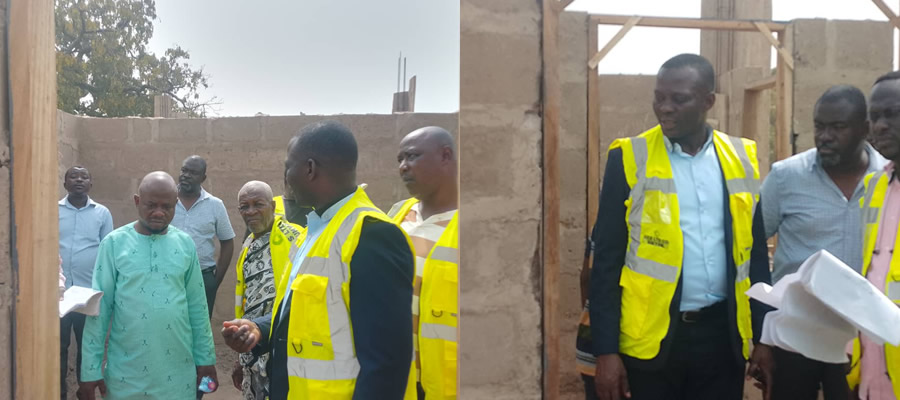
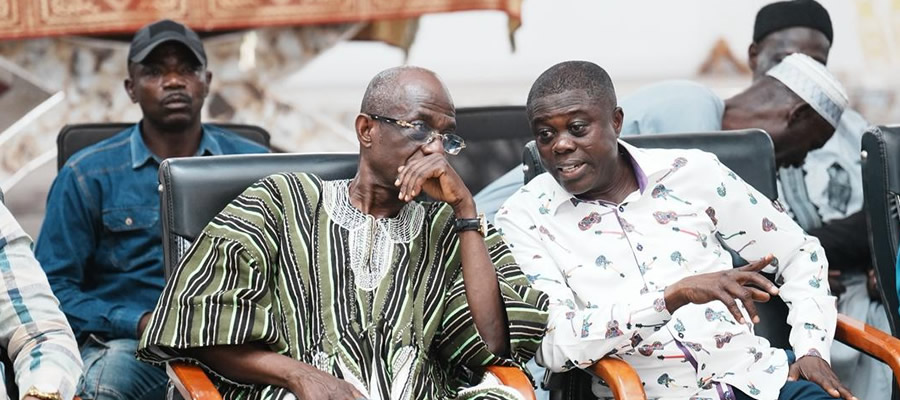
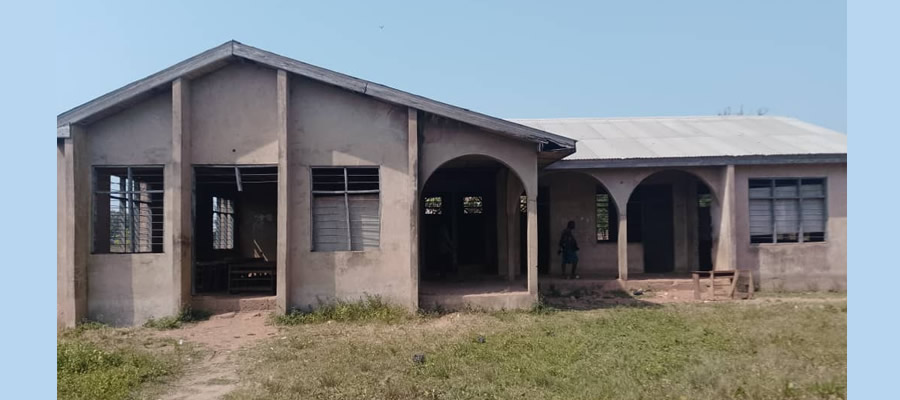
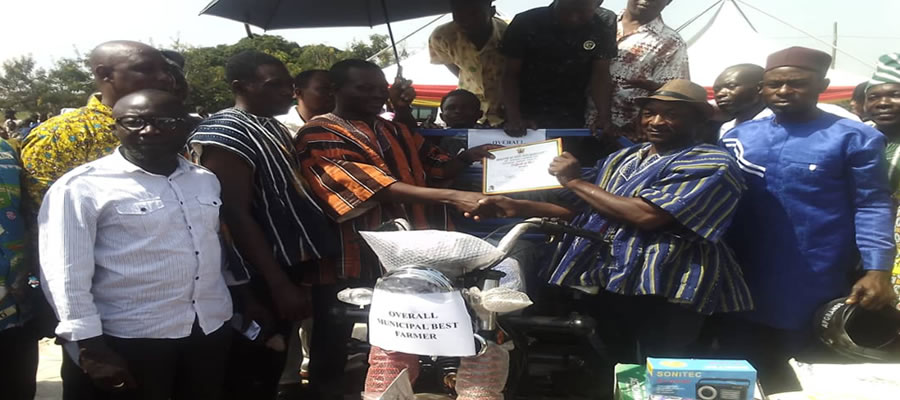
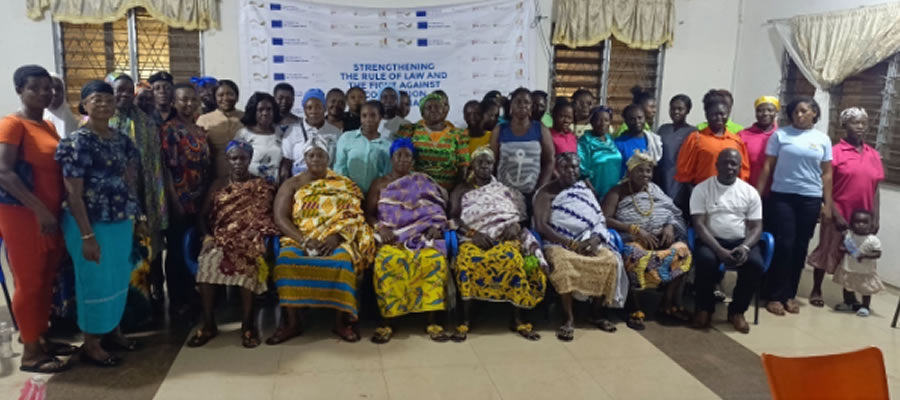





 facebook
facebook
 X
X
 Youtube
Youtube
 instagram
instagram
 +233 593 831 280
+233 593 831 280 0800 430 430
0800 430 430 GPS: GE-231-4383
GPS: GE-231-4383 info@ghanadistricts.com
info@ghanadistricts.com Box GP1044, Accra, Ghana
Box GP1044, Accra, Ghana